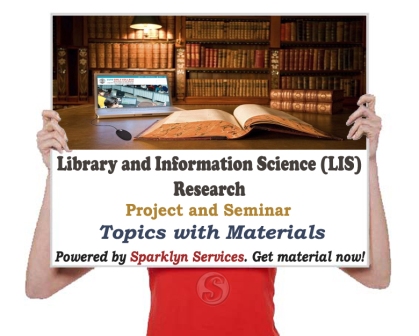Defense Procedure for Library and Information Science Researchers
Be Intentional About Your Research Preparation in Context – As a student of Library and Information Science defending a project or seminar on Information Literacy, you are expected to be thoroughly acquainted with your research. The defense process follows a structured format where you present your work, respond to questions, and demonstrate its relevance. Here’s a general guide to the defense procedure:
Introduction: Begin with a concise introduction of your research topic, highlighting its significance and the research objectives. This helps set the context for the audience and the External Examiner, allowing them to grasp the scope of your work. Before you step up to defend, ensure that you are familiar with your research abstract and the key components of Chapter One, including the motivation behind your study, the problem statement, the aims and objectives, as well as the scope and significance. For Chapter Two, it is advisable to reference at least two citations from the literature review. In Chapter Three, be prepared to discuss the methodologies, tools, and techniques you employed in your research. Moving to Chapter Four, you must justify your work and explain how your findings align with the objectives of your research.
Conclusion and Recommendations: Wrap up your defense by summarizing the study and offering well-grounded recommendations based on your findings.
Dress Code: Professional attire is an essential component of your final-year research defense. Wearing a suit and tie, for example, can create a positive impression and boost your overall presentation without you having to say a word.
Question and Answer Session: The External Examiner will ask questions based on your research. If you encounter a difficult or unrelated question, respond respectfully with, "Sorry, Sir/Madam, the question asked is beyond the scope of my study". Whenever possible, answer questions by referring directly to your research findings.




